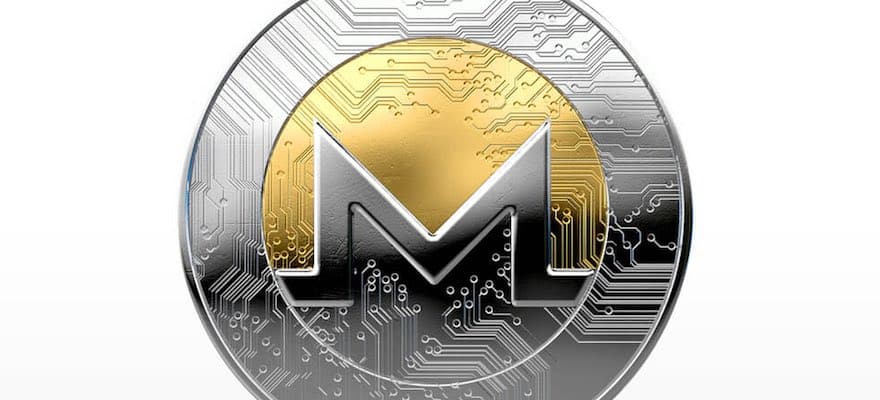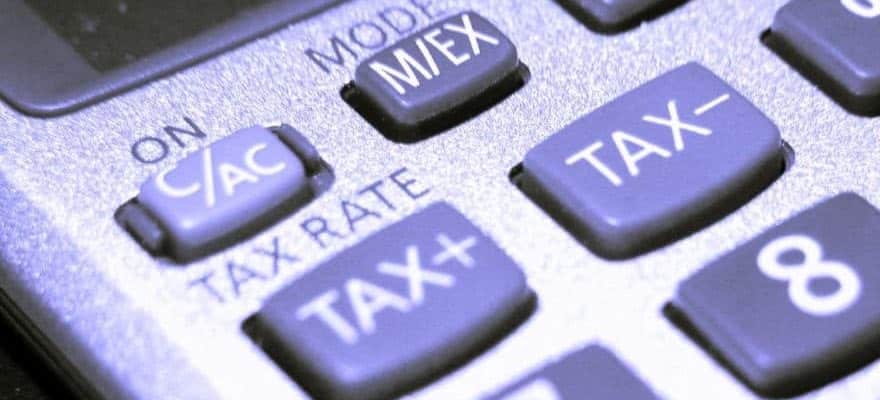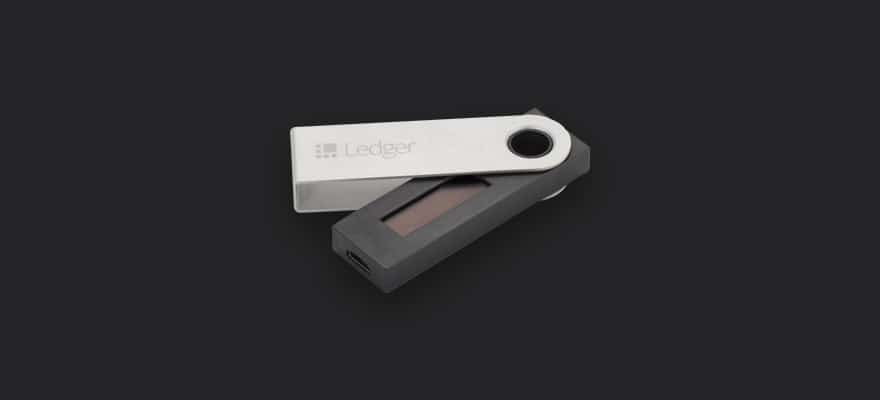Reports from Tokyo state that numerous sources within Japan’s Financial Services Agency (FSA) are looking at all possibilities to exhibit pressure on the Japanese platforms for trade. This pressure is there for these platforms to drop its support for altcoins which allow users to make transactions anonymously.
The FSA postulates that these types of Cryptocurrencies are too easy to utilize within the criminal sphere. These currencies are far harder to track than Bitcoin , and the ability to track them generally comes from the mistakes of individuals using them. In recent times, Monero has had problems with crypto jacking, as attackers attempt to infect computers with malware which takes over CPUs and utilize it to engage in the mining of cryptocurrency.
Currently, there has been no legislation from official ranks which prohibits trade in anonymous cryptocurrency. Despite this, it seems that the FSA’s actions are beginning to have the effect they desire.
For example, Coincheck, which itself was hacked (and fined) earlier this year, and was acquired by the giant Japanese brokerage Monex, has recently delisted Monero without ceremony. In addition, certain other less known altcoins based on anonymity have also been delisted, as Coincheck attempts to regain the favor it lost during the hack.
In recent, Japan’s cryptocurrency exchanges formed their own self-regulatory body, which has the ability to enforce certain aspects to members of the companies part of it. This organization is able to create a whitelist of cryptocurrencies which can be exchanged, providing the FSA with a simple and effective route to put pressure on exchanges to delist the crypto assets that it does not condone, without the need to create official legislative prohibition.

















